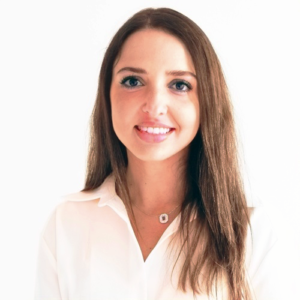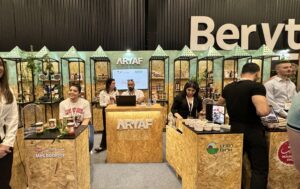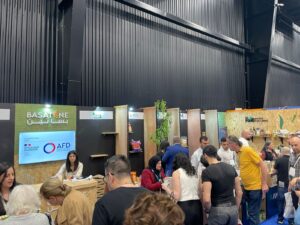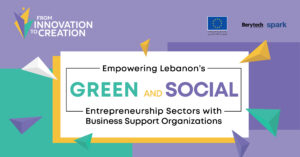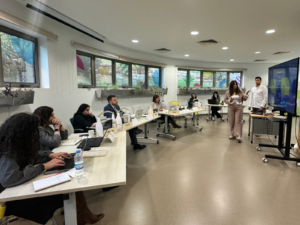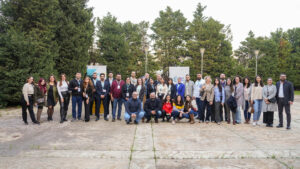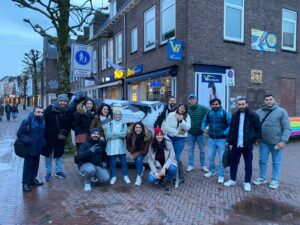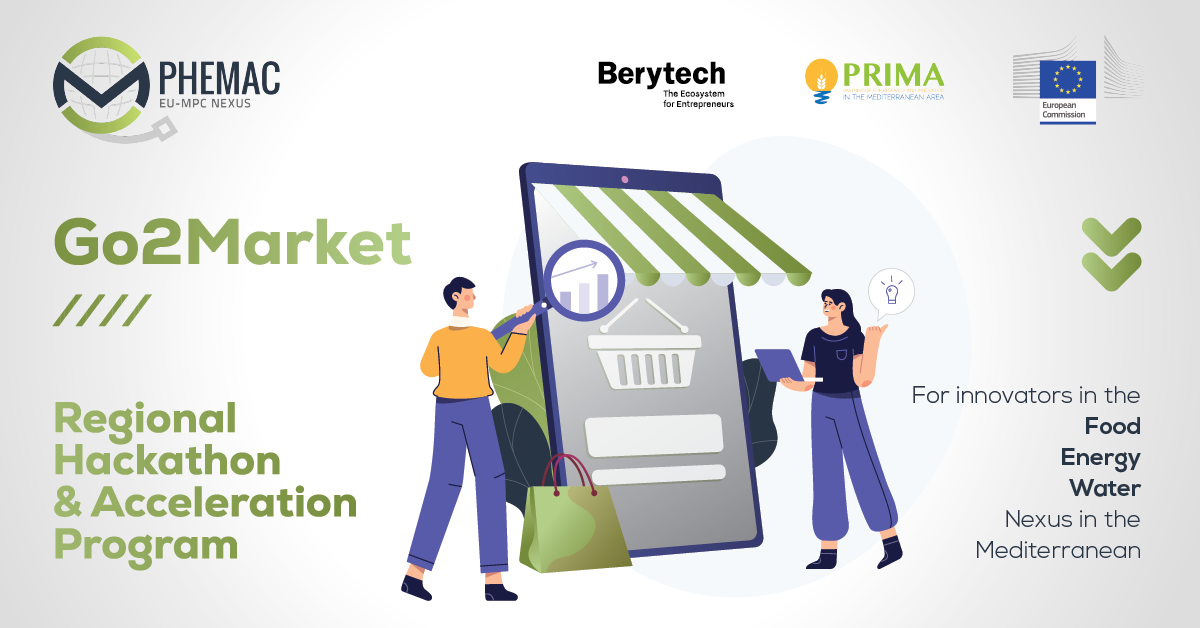 After an intensive 3-day Hackathon, eleven startups and/or projects pitched their ideas and only eight were selected to join the Go2Market Acceleration program, enabling these innovators and entrepreneurs to validate their ideas and develop their Go2Market strategy.
After an intensive 3-day Hackathon, eleven startups and/or projects pitched their ideas and only eight were selected to join the Go2Market Acceleration program, enabling these innovators and entrepreneurs to validate their ideas and develop their Go2Market strategy.
The Go2Market Regional Hackathon and Acceleration Program is organized by Berytech under the PHEMAC project, enabling researchers to validate their innovation in the market, further strengthen their know-how and define their go-to-market strategy tapping into the Mediterranean Food-Energy-Water Nexus sector.
The Winning Teams
On December 9, 2021, the twelve teams pitched to a jury of experts and professionals. The session started with a welcome note from Gustavo Perez Gonzales, Senior Project Manager of Phemac, and hosted Shada El-Sharif, Senior Advisor, Climate Change & Sustainability, and Founder of SustainMENA as she gave a presentation on the WEF nexus sector in the Mediterranean.
The eight teams with ideas in food, water, and energy selected to join the Accelerator will have the chance to attend one-on-one coaching sessions in addition to group coaching sessions that will extend over a month. At the end of the acceleration program, the 8 teams will be prepared to pitch at the Regional and Virtual Phemac-Nexlabs Innovation Week with over 250 people attending.
The winning teams are:
Christelle Bou Harb – Drive Green
Drive Green helps provide a fast shift to electric vehicles in sectors not having the initial capital to do so. This reliable alternative can help farmers boost their businesses and help flourish the photovoltaic and electric vehicle sector that is still struggling in Lebanon.
Antoine Ghauch – REIIE
REIIE is based on the application of an efficient advanced oxidation technology not yet commercialized. It uses persulfate and is characterized by its low cost versus the use of solar energy to improve the degradation processes.
Abd El Hamid Sherief – Algaenoor
Algaenoor is led by aspiring algae researchers that cultivate algae to produce valuable biotech/biochemical, food, energy, and pharma products using it to sequester carbon while using high salinity water; all to solve water-energy-food nexus challenges.
Hanan Ismail – GARBALISER
GARBALISER focuses on the sustainable system based on local production after asking people to sort the organic waste from the source, to transfer this waste for fertilizer, through local innovation production.
Marcel Joe Hoayek – Pure Farms
Pure Farms are indoor vertical farming systems using hydroponics to eliminate the use of any kind of pesticides and fertilizers while reducing water consumption, soil waste, and air pollution. The farms create organic microgreens with food-safe materials and recyclable components to provide customers with clean, organic yet tasty products at affordable prices.
Khaled Alabbas – SmartLand
Smartland is a smart irrigation and fertigation system that consists of a sensing unit installed in the field that takes the reading from the soil and controls it to analyze the information.
Hichem Mokni – NextAV
NextAV captures and processes aerial 3D elevation data, and answers the needs of customers in agriculture and water resources management. They have a safe and cost-effective capture platform for large projects.
Maha Mrad – Spreadly
Spreadly aims to cooperate with farmers in the Bekaa and Tripoli regions of Lebanon to start planting peanuts, hazelnuts, and almonds trees to sustain the supply-demand chain and shift the reliance from imported raw material to local raw material.
The Go2Market Hackathon
Before their pitches, the teams had completed the 3-day Hackathon (Nov 30, Dec 1 & 2) with daily 5-hour sessions working on different modules with trainers Dr. Mohab Anis and Mohamed Kash.
Sessions covered the Water Energy Food (WEF) Nexus Sector with market analysis and opportunities in the Mediterranean region, designed to help the participants in understanding the drivers for innovation in the WEF nexus sector, whether it is resource constraints, changing environment, changes in the needs of the target market, as well as competition. They also covered intellectual property, business model validation, and building financial projections.
About Phemac
The PHEMAC project is co-funded by the European Union under the PRIMA program. This project consists of creating an interactive IHUB platform which aims to capitalize on the results and best practices of the innovative projects carried out and those in progress linked to NEXUS and more particularly in the fields of water and agriculture in the Euro-Mediterranean region. PHEMAC will focus on best practices and projects related to farming system, water and food.
Berytech is an implementing partner in Lebanon of the PHEMAC project and activities, including the setting up of an innovation support helpdesk to facilitate the successful replication of cataloged and validated best practices in the EU-MPC region, the organization of innovation weeks, hackathon events, bootcamp and Go2market support activities.



